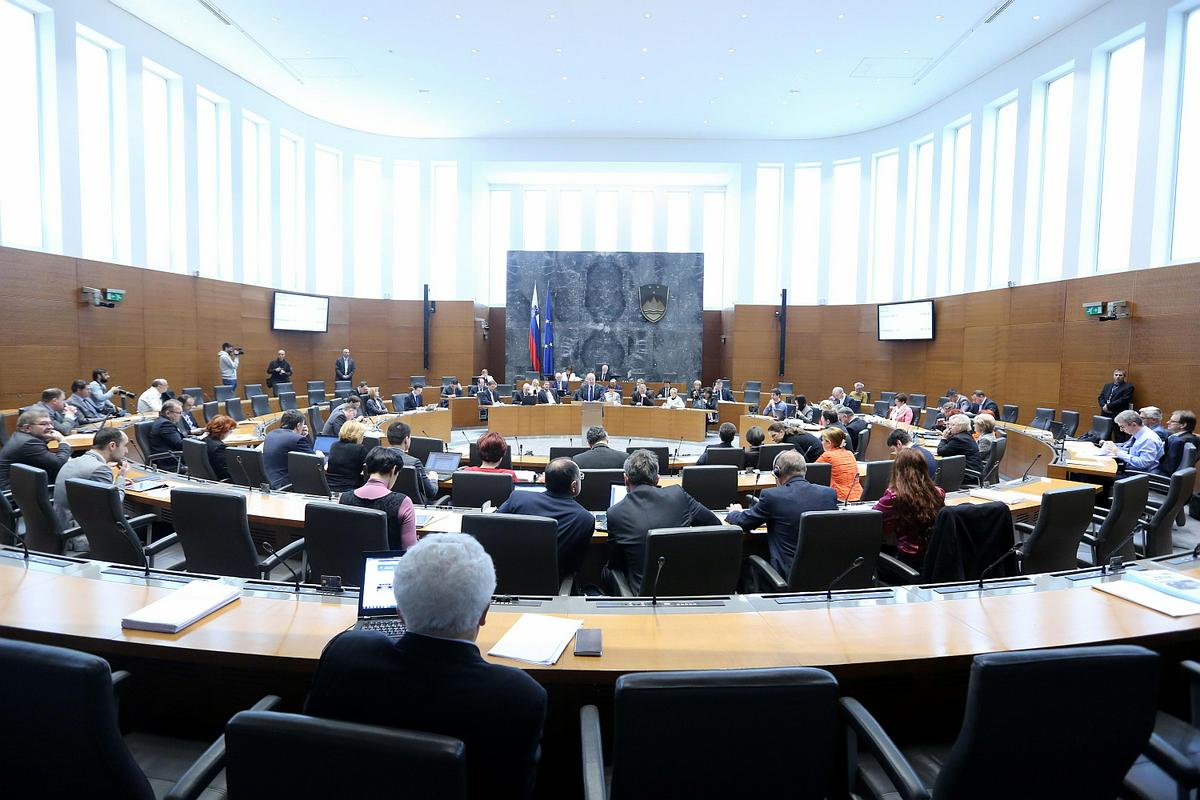
In the Assembly, 53 MPs voted in favor to the amendment to the domestic violence prevention law; there were no votes against. The amendment explicitly prohibits domestic violence and the corporeal punishment of children. It also defines the authority of the police and the courts in the matter. More than 50 countries have similar bans in plans, and according to Miro Cerar's government, it was high time for Slovenia to follow suit.
A broader definition of family members
The amendment also expands the definition of who is a family member. Previously, there have been incidents of violence among people who were in an extramarital or “common law” relationships but could not be classified as family members under any recognized category.
The amendment also expands the definition of domestic violence by adding the threat of violence and stalking to the definition. Since the beginning, the debate surrounding the amendment has centered on the issue of banning the corporeal punishment of children. Yesterday's debate in the National Assembly also focused on this issue.
The Opposition: this encourages a permissive upbringing of children
The coalition parties SMC, DeSUS and SD are pleased with the amendment. They stressed that it sends a message of zero tolerance regarding violence. Meanwhile, the opposition parties SDS and NSi believe that the legislation will unintentionally encourage a permissive upbringing of children. They did not support the amendment, but they also abstained from voting against it.


































































